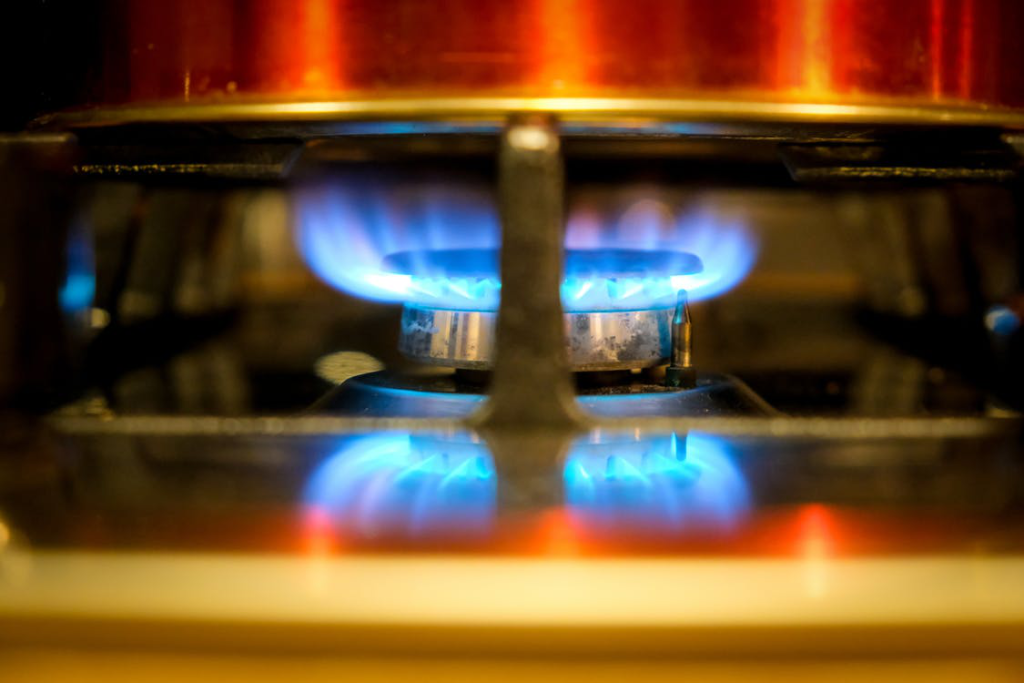What Factors Affect Gas Line Pressure?
It’s a Sunday afternoon. You wake up at 11 o’clock, open your fridge to get cereal and milk, when you have an epiphany: “It’s the weekend! Why don’t I make myself some fluffy, delicious pancakes using the family recipe, (or maybe the one I saw on YouTube the other day)?”
You put the milk and cereal back in the fridge and gather the pancake ingredients. You go into Gordon Ramsay mode and make a perfect batter.
But as you turn the stove on, all your excitement goes away. The gas line pressure is low, so low that you can pour the batter, watch a couple of episodes on Netflix, and it still wouldn’t be cooked.
That’s a tragedy, isn’t it? But what factors affect gas line pressure? What’s the reason you couldn’t devour those beautiful pancakes? Let’s find out!
Common factors that affect gas line pressure
While this list isn’t exhaustive, it covers the most common reasons for low gas line pressure:
- Blockages: Over time, gas lines can amass gunk and contaminants, which can narrow the space inside the pipe and cause a blockage. As a result, you may notice that the pressure of the gas is lower than it should be. If that’s the case, you may need to get your gas line replaced.
- Leaks: Poor installation or malfunctioning appliances can result in gas pipe leakages, which not only affect gas pressure, but also pose a safety risk. Long-term exposure to leaking gas can also cause health problems and even carbon monoxide poisoning, which can prove to be fatal.
- Negligence and poor maintenance: The main reason for low gas line pressure is negligence and lack of maintenance. Homeowners don’t often care about the condition of their gas line unless there’s a problem, which can cause small problems that exacerbate and become bigger issues, leading to blockage and leaking gas lines.
Can it be due to excessive usage of gas?
Yes. Extraneous use of natural gas can also reduce gas line pressure. For example, if you have a gas tank water heater, stove, and gas fireplace all running at once, it might result in low pressure.
You can turn off all gas-powered appliances except one to check if the pressure rises back to normal; if not, the problem isn’t the overuse.
Final words
It’s crucial that the gas line pressure in your home is optimal to make sure that all your home appliances powered by gas function properly. You should get your gas line inspected regularly and ensure timely repairs to avoid any problem associated with your gas line. Hire a certified and insured professional to ensure safety and best results.
If you live in Fort Worth, TX, and are dealing with poor gas pressure at your home, get in touch with us today!
At Pro Serve Plumbing, we offer reliable gas line repair services to our clients at competitive rates. Give us a call at +1-817-244-0614 and our licensed and insured professionals will be at your service.
Sign up for our club membership today for just $99/month and enjoy 15% off on all our services.

